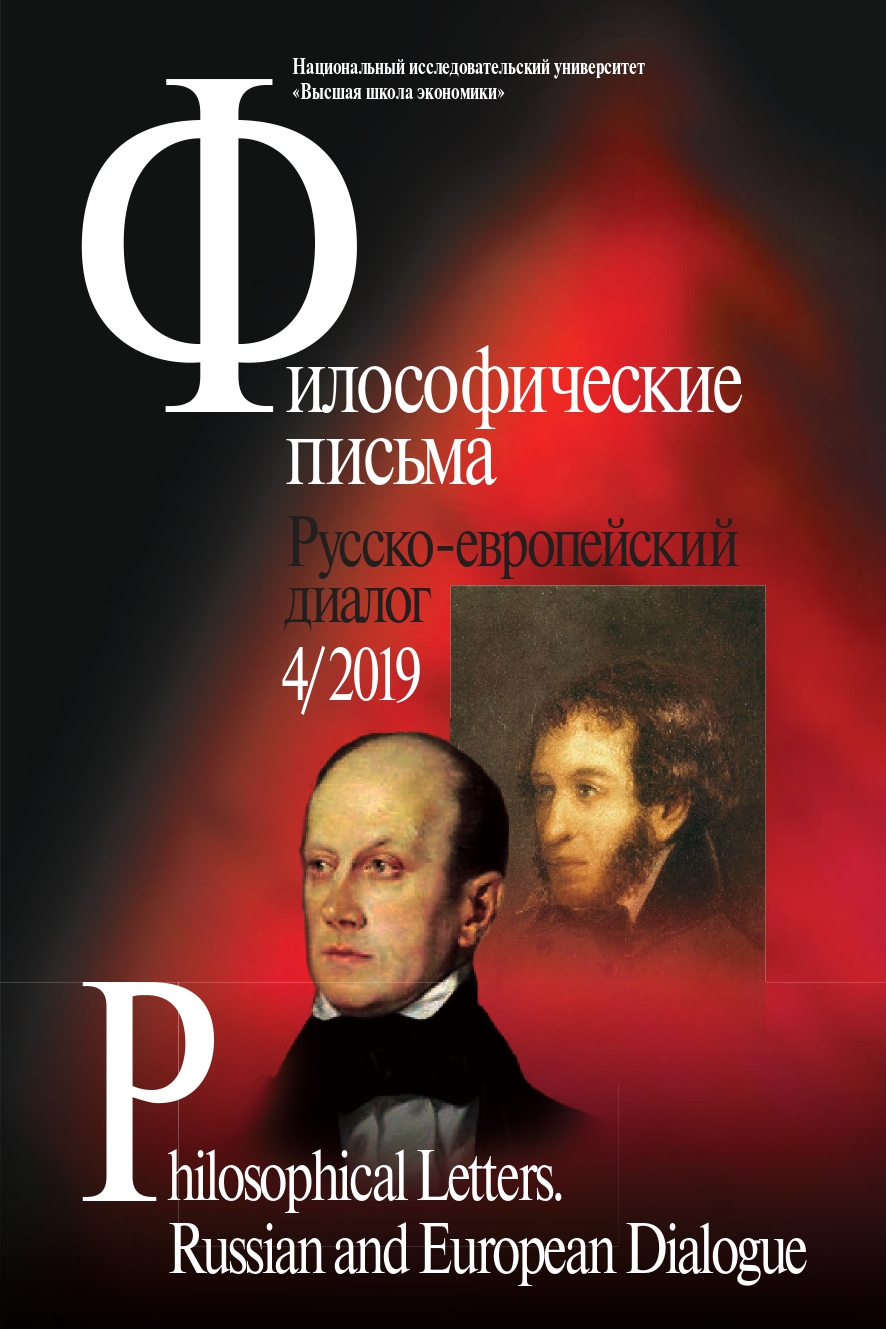О "конце истории"
Аннотация
Человек — сознательное существо, способное свободно совершать или не совершать акт сознания. Поэтому, как предполагает философия сознания, он может достигать состояния бытия, но в то же время и выпадать из него. По мнению Г. С. Киселева, жизнь людского рода представляет собой не прогресс как восходящее поступательное развитие, а чередование и переплетение периодов исторического бытия, как бы «освещенных» сознанием, и «пустых» времен. Отсюда идея о вероятностности будущего, которая не позволяет однозначно судить о том, каков будет «конец истории».
Умозрительно возможно появление в итоге подлинно гуманистической социальности — если не возобладают «пустые» периоды. Однако современность, как полагает автор, не создает предпосылок для данного варианта. Свидетельства этого — духовное неблагополучие современной цивилизации, в частности, западной: нравственное несовершенство «массового общества» и нежелание или неспособность большинства людей осознавать и изживать это несовершенство; противоречивая и проблематичная реальность глобализации; сбой в диалоге цивилизаций; надвигающийся экологический кризис.
Поэтому человечество может ожидать и дурная бесконечность — постоянное возвращение к непрожитому, непреодоленному, бессмысленное движение как будто по инерции. Такая дурная бесконечность будет своего рода катастрофой — антропологической: люди «массового общества», неспосонбные к жизни в сознании, не смогут в итоге преодолеть скатывания к энтропии. А это, в свою очередь, ставит вопрос о роли и судьбе человечества в эволюции.

